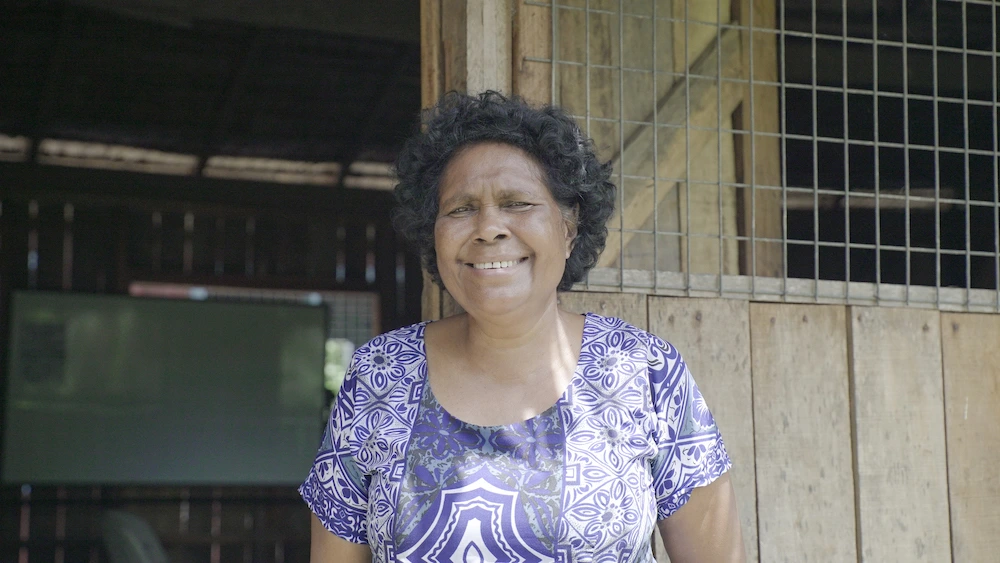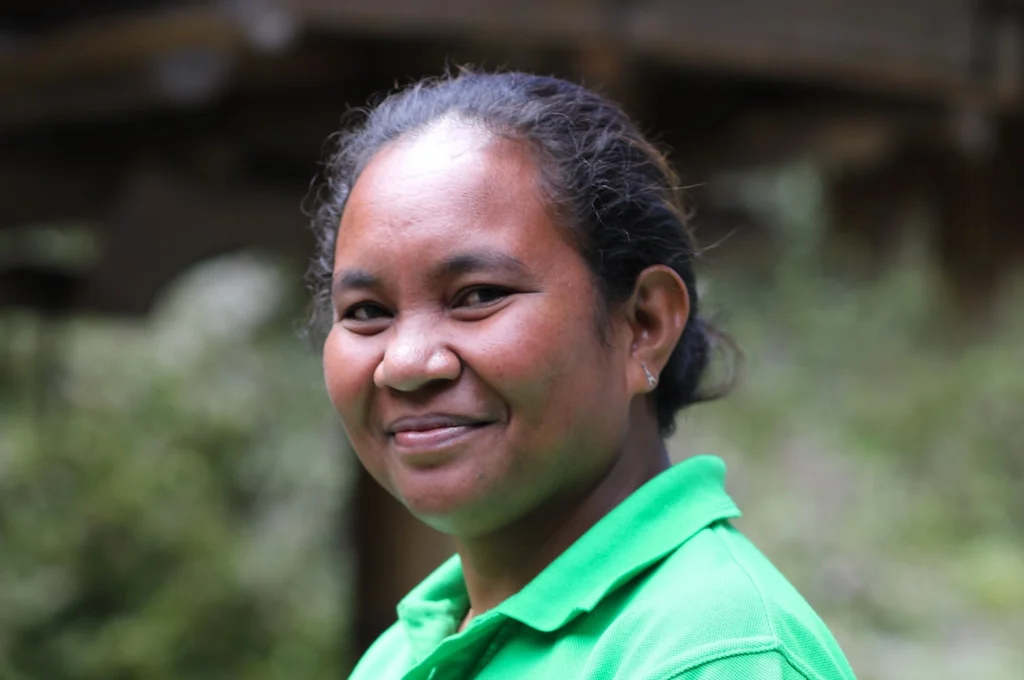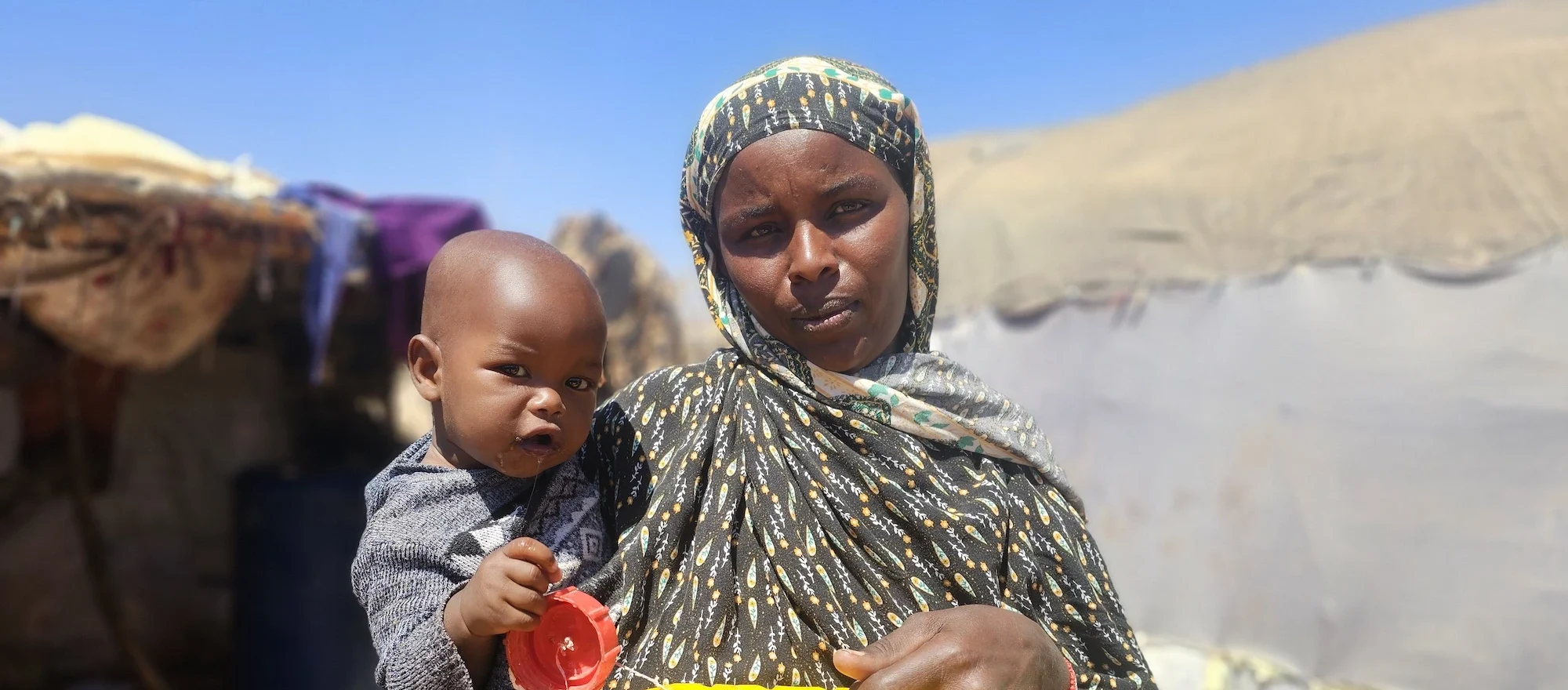Hunger and malnutrition remain the leading threats to public health worldwide.
CARE works to deliver food and WASH (water, sanitation and hygiene) programs to those that need support the most. Being hungry impacts everything in people’s lives.
When they can’t cover this basic need, families struggle to find a way out of poverty. Kids who are hungry don’t do as well in school — if they are able to go at all. Babies who don’t get the right nutrition early in life may never reach their full potential as adults. And women who sacrifice their meals to ensure their families eat struggle to work and stave off disease.
Over the last three years, conflict and climate change have caused food insecurity to increase every year. Farmers struggle to grow the food they need to grow food for themselves, and to sell into markets for others to eat.
Fast Facts
Currently, more than a quarter of the world’s population lack access to safe and reliable water for daily use.
There is enough food to feed everyone around the world, yet 800 million people go to bed hungry every night.
There is an estimated 150 million more food insecure women than men in the world. That’s close to six times the population of Australia.
Impact stories
Mary in Solomon Islands
Mary is the headteacher of a rural school in Solomon Islands. Her school had 350 students and 19 teachers, but no classrooms, drinking water or handwashing facilities.
Thirsty children would risk their lives drinking from the school’s single well. These inadequate and unsanitary conditions meant deadly, but preventable, diseases like dysentery, cholera and yaws – a tropical infection that causes disfigurement – spread constantly between the students, putting their lives and education at risk.
Principals and community leaders like Mary take immense pride in caring for the welfare of their students. But despite doing her best to keep her students safe, Mary knew that without running water and sanitation her school would never be a healthy place to learn, especially for girls.
When girls don’t have access to clean water, safe and accessible toilets, or sanitary products they are more likely to drop out of school altogether. Mary worried that these girls were missing out on their right to an education and their chance for a brighter future. Mary couldn’t bear to keep seeing students she cared about get ill because of dirty water. She didn’t want the girls in her community to be unfairly denied their chance to learn because of a lack of sanitation at school.
She wanted change, so she reached out to CARE Australia’s partner, Live & Learn Solomon Islands for urgent help, and she received funding to build handwashing facilities and a water tank at the school.
“We had the water tank installed and the children could fill their water bottles for drinking water, it was one of the best things we received not only for the children but for everyone in the community who comes and collects water here.”
Girls also received lessons about menstruation and hygiene, and were supported manage their periods at school instead of staying at home, and missing school.
“The facilities and sessions…have had a big impact on the lives of the students. We now have 63 students who have gone to school…the majority of whom are girls and will be continuing their education. They are takin the knowledge, the skills and lifestyle they are living into their futures.”

Adelina in Timor-Leste
CARE is breaking the intergenerational cycle of malnutrition and persistent hunger by enabling access to resources and knowledge so people can produce, sell, and buy healthy food.
The HATUTAN program is funded by the U.S. Department of Agriculture (USDA) and seeks to improve literacy outcomes, health, and nutrition and dietary practices for primary school children in three municipalities of Timor-Leste.
Since 2019, the HATUTAN program has collaborated with the Government of Timor-Leste to improve student reading and health practices at home and school. A key focus of the program is supporting the full implementation of Government of Timor-Leste’s national school feeding program. HATUTAN’s success demonstrates the positive impact of regular school meals throughout the school year with improved student attendance and attentiveness; improved scores for reading and cognitive abilities, and increased parent participation at schools.
Adelina is a devoted mother of four, living in a rural part of Timor-Leste’s Manatuto municipality. In her close-knit community, she has always felt a strong sense of responsibility to contribute to her neighbours’ wellbeing. For her, the rise of malnutrition amongst the local children is the most pressing concern. While it often keeps her awake at night, it is also the source of her determination and drive during the day.
Adelina explains that, although the community has access to nutritious food through active vegetable planting, many families have to choose between utilising their produce to nourish their children or selling them at the market for income. Many decide to sell their food which, despite the financial pressures most families are facing, she sees as a missed opportunity for the next generation’s growth and educational success.
“When children don’t eat the right food, it affects their experience at school,” she says. “They lose the will to study, and they are always tired and sleepy in the classroom.”
As an active member of the community, Adelina has always been involved in local initiatives. Previously, she volunteered as a Family Health Promotor, visiting homes to share valuable health and nutrition information.
When Adelina learned about CARE’s HATUTAN Education and Nutrition Program activities at a local school, she eagerly joined the Parents and Teachers Association (PTA). The PTA, established with the support of the program, enhances parents’ involvement in improving school management and overseeing the implementation of the school feeding program. Through her active participation, Adelina is determined to support her community tackle the challenge of malnutrition.
“The school feeding program is a collective effort to ensure children receive the right nutrients while at school. Now, parents contribute fresh produce to the program as well,” Adelina explains. “In my role, I ensure the cooks follow the nutrition menu, making sure key nutrients are included in the children’s meals.”
What was once a significant challenge is now beginning to show signs of hope. Local schools are now sourcing fresh vegetables directly from local farmers, not only improving nutrition but also fostering economic resilience within the community.
“My focus is on the wellbeing of the children and their families,” says Adelina. “I feel encouraged by the program’s presence in my community because it’s helping us create real change in the lives of our children and families.”
In many rural areas, where schools often face underfunding and a lack of resources, parents like Adelina play a crucial role in ensuring children receive nutritious meals that support their learning and growth.

Photos: © Sarah Easter/CARE, © Regina Lepping/CARE and © Sarah Wiles/CARE.

